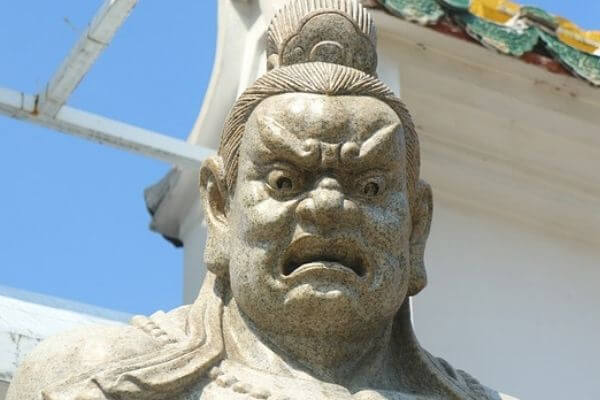
The Supreme People's Court issued the Opinions on Strengthening the Protection of Copyright and Copyright-related Rights (the Opinion, 关于加强著作权和与著作权有关的权利保护的意见) on 16 Nov. 2020, in order to strengthen the copyright protection in the fields of literature, art, and science, and give full play to the role of copyright trials in regulating, guiding, promoting and safeguarding cultural construction.
The Opinion puts emphasis on the following aspects:
(1) Strengthen the protection of creators' rights and interests in accordance with the law. Any natural person, legal person and unincorporated organization whose name is signed on works, performances, or sound recordings in the usual manner shall be presumed to be the copyright holders of the works, performances, or sound recordings or the right holders of copyright-related rights, unless there is sufficient evidence to the contrary to invalidate the fact. With respect to a dispute over authorship, a comprehensive judgment shall be made by taking into account the nature, type, form of expression of the works, performance or audio recordings, industry routines, public cognitive habits and other factors.
(2) The courts shall vigorously improve the quality and efficiency of case trials, promote the pilot work of separating complicated cases from simple ones, and strive to shorten the trial time for typical cases involving copyrights and copyright-related rights. Efforts shall be made to improve evidence rules for intellectual property litigations to allow the parties concerned to preserve, fix and submit evidence by blockchain and other means, effectively resolving the problem of difficulty in producing evidence by right holders of intellectual property rights.
(3) Great importance shall be attached to new demands for the development of technologies such as the Internet, artificial intelligence, and big data. The types of works shall be accurately defined in accordance with the PRC Copyright Law, the identification standards of works shall be well regulated, and new types of cases concerning the live broadcast of sports events, live broadcast of online games and data infringement shall be properly tried in accordance with law so as to promote the lawful development of emerging businesses.
For more about China's intellectual property law, please click here.
Contributors: Yanru Chen 陈彦茹









